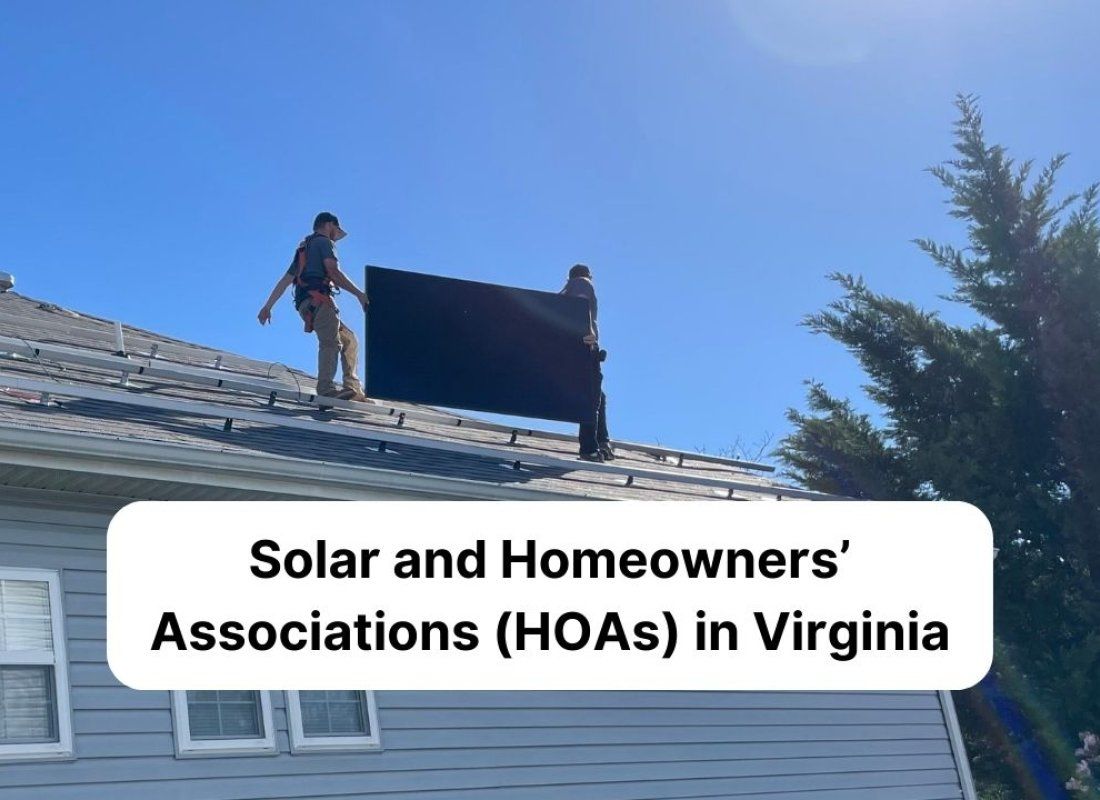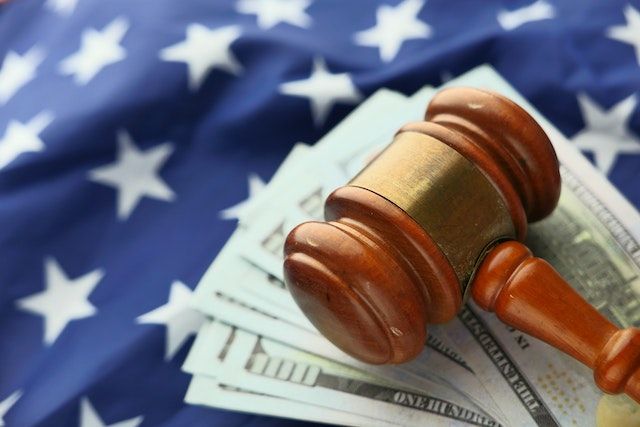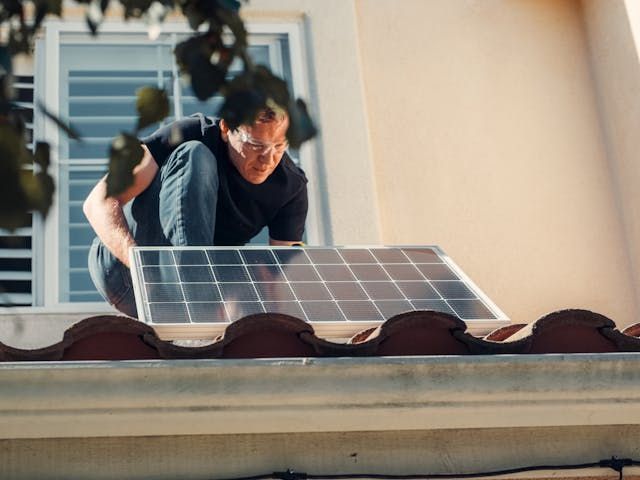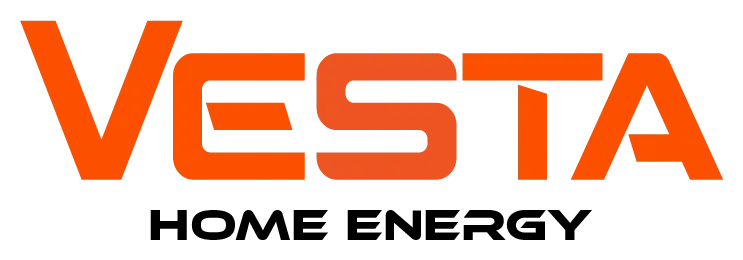
Understanding the legal framework for Homeowners’ Associations (HOAs) in Virginia can be a daunting task. As a property owner, manager, executive, or board member, it's vital to stay informed about relevant local, state, and federal laws to ensure compliance and avoid costly penalties.
In this article, we at Vesta Home Energy will break down the essential HOA laws and regulations, and discuss the responsibilities of HOA boards.
What is The Role of HOA Governance?
Homeowners’ Associations play a pivotal role in maintaining shared spaces and fostering a harmonious living environment. They operate under a combination of governing documents and state laws to ensure consistency and quality within the community.
However, navigating the legal landscape can be overwhelming without proper guidance. This guide aims to simplify the complexities, offering clear insights into the key laws and responsibilities for HOA boards in Virginia.
Understanding Homeowners’ Associations
Homeowners’ Associations are non-governmental organizations responsible for managing shared community spaces like parks, clubhouses, and swimming pools. These entities operate under governing documents such as:
- Declaration of Conditions, Covenants, and Restrictions (CC&R): These are rules governing the community.
- Bylaws: This is the organizational framework for the HOA's operation.
An HOA is managed by an elected board of directors, tasked with collecting dues, enforcing regulations, and maintaining community spaces. Boards must stay well-versed in Virginia's HOA laws to ensure legal compliance and avoid lawsuits or fines.

Key HOA Laws and Regulations in Virginia
Understanding the key laws and regulations governing HOAs in Virginia is essential for ensuring compliance, maintaining harmony within the community, and avoiding legal pitfalls. Here's an overview of the most important legislation every HOA board should know:
- Property Owners Association Act (POAA): This act outlines the rights and responsibilities of property owners and associations. It includes provisions for fee collection, rule enforcement, conducting meetings, and dispute resolution mechanisms.
- Virginia Condominium Act: Applicable to condominiums established after July 1, 1974, this legislation governs their creation, management, and operation.
- Virginia Nonstock Corporation Act: Most HOAs in Virginia are nonstock corporations and must adhere to this act, which covers organizational procedures and the rights to hold meetings or sell assets.
- Virginia Common Interest Communities Law: This law establishes the Common Interest Community Board and sets licensing requirements for HOA managers.
- Virginia Fair Housing Law: This law prohibits housing discrimination based on familial status, race, religion, color, sex, national origin, age, or disability, complementing the federal Fair Housing Act (FHA).
- Virginia Covenants Restricting Solar Energy Collection Devices: HOAs cannot prohibit homeowners from installing solar energy devices unless explicitly restricted in the governing documents. Only reasonable limitations on size and placement are allowed.
- Virginia Common Interest Community Ombudsman Regulations: This law requires HOAs to establish formal processes for handling complaints from members and non-members.
- Virginia Fair Debt Collection Act: This act regulates debt collection practices, ensuring that homeowners are protected from abusive or deceptive practices when paying dues or assessments.

Responsibilities of HOA Boards
Let’s explore the essential responsibilities every HOA board must uphold to ensure smooth operations, maintain community harmony, and comply with Virginia’s HOA laws:
- Financial Management: HOA boards are responsible for collecting dues and special assessments, preparing and sharing annual budgets and maintaining accurate financial records accessible to members.
- Rule Enforcement: HOA boards in Virginia can impose fines for rule violations, capped at $50 per offense or $10 per day for ongoing violations (up to 90 days). Boards must provide notice and allow members to rectify issues before issuing penalties.
- Property Maintenance: Boards must ensure proper maintenance of shared spaces, communicate policy changes, and oversee major projects.
- Dispute Resolution:
- Boards are encouraged to mediate disputes internally to avoid costly legal proceedings.
Fines, Foreclosures, and Member Rights
Here are the differences between fines, foreclosures and rights:
- Fines: HOAs can suspend access to shared amenities for unpaid dues exceeding 60 days.
- Foreclosure: HOAs have the authority to foreclose on properties for unpaid assessments but must provide a 60-day notice and an opportunity to settle debts.
- Rights: Homeowners retain rights to install solar panels, display U.S. flags, and set up EV charging stations within reasonable guidelines.
How to Streamline HOA Management
Managing an HOA involves juggling numerous administrative tasks. Partnering with a reliable property management company can transform your HOA's efficiency.

Frequently Asked Questions
Consider the following frequently asked questions:
- Where can I find Virginia HOA regulations? - HOA governing documents are public records filed with county land records. You can access them through your local county clerk's office or the Virginia State Corporation Commission website.
- Who governs HOAs in Virginia? - HOAs are governed by a board of directors and must comply with state, federal, and local laws.
- How much do HOAs charge for maintenance annually? - Homeowners typically pay $600–$1,500 annually in assessments, depending on the community's size and maintenance needs.
- Can HOAs enter private properties? - Unless specified in the governing documents, HOAs cannot enter private properties. They must provide sufficient notice for necessary maintenance.
Why Work with Vesta Home Energy?
Navigating HOA regulations while installing solar panels can be challenging, but Vesta Home Energy is here to help. We can work with homeowners and HOA boards to ensure that your solar installation meets community guidelines while maximizing energy efficiency and savings.
Our team provides expert design solutions that align with aesthetic requirements, and ensures compliance with local and state solar access laws. With Vesta Home Energy, you can confidently transition to renewable energy.
Bottom Line
Understanding the rules around solar energy and HOAs in Virginia doesn’t have to be complicated. By knowing your rights and the regulations for solar panel installation, you can confidently make decisions that benefit your home and the environment.
Installing solar panels is a great way to embrace sustainability while saving on energy costs. For expert assistance with HOA compliance, maintenance, or solar-related projects, Vesta Home Energy is here to help. Reach out to them today to learn more!


